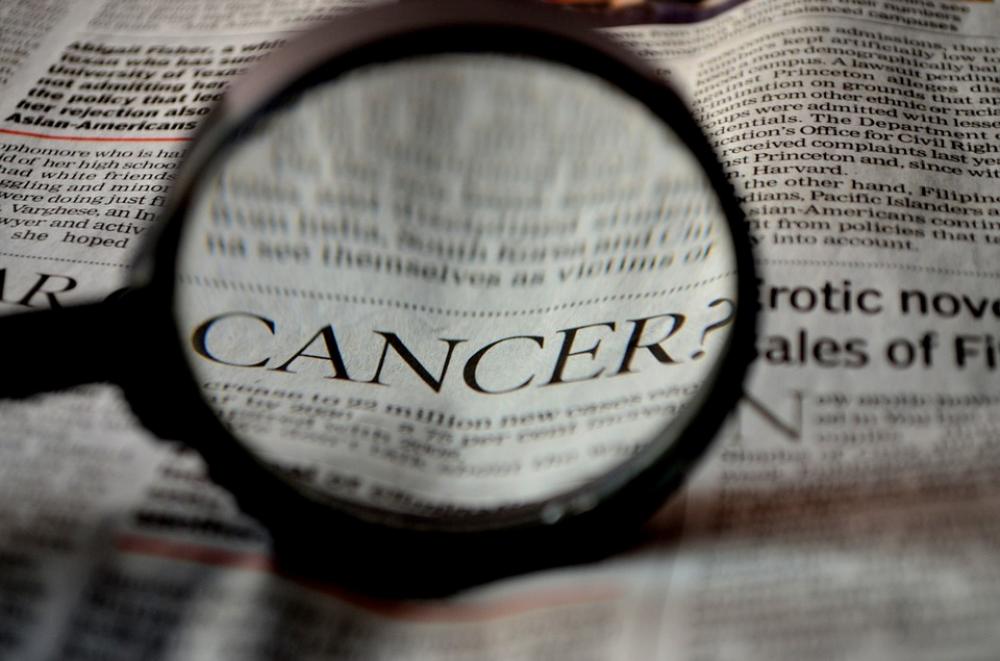Just Earth News | @justearthnews | 19 Oct 2019, 04:02 am Print

Vienna, Austria/IBNS: The International Atomic Energy Agency (IAEA) and St. Jude Children’s Research Hospital are joining forces to combat childhood cancers in developing countries, where children are four times more likely to die of the disease than in high-income countries due to a lack of affordable treatment and quality care options.
Under a new agreement signed today, the IAEA and the US research hospital will work together to raise awareness of childhood cancers, mobilize resources to support Member States in the establishment of nuclear and radiation medicine services, increase training for professionals in the field of radiotherapy, and support research in paediatric radiation oncology and related areas.
With at least 300,000 new cases each year, paediatric cancer is a leading cause of death globally among children and adolescents according to the World Health Organization (WHO).
In high-income countries, more than 80 per cent of children with such cancers are cured, but this figure is only 20 per cent in many low- and middle-income countries.
The disparity is mostly the result of late or inaccurate diagnosis, prohibitive treatment costs and insufficiently equipped facilities and trained medical personnel.
“St. Jude is a long-standing IAEA partner, and this agreement brings the Agency’s relationship with this renowned paediatric treatment and research institute to a new level,” said IAEA Acting Director General Cornel Feruta. “Together, we will work to increase support to developing countries in scaling up high-quality cancer services for children.”
Common childhood cancers include leukaemia, brain cancers, lymphomas and solid tumours, such as neuroblastoma and Wilms tumour. Children often require longer and more intense treatment than adults, along with specialized care to ease the burden of treatment. Radiotherapy is often needed to treat paediatric cancers but advances in technology and molecular biology require continuous training for health professionals to make the most of this treatment option.
“Radiation oncology is a critical element of childhood cancer care,” said Carlos Rodriguez-Galindo, M.D., executive vice president and director of St. Jude Global, a St. Jude Children’s Research Hospital initiative to improve access to care to children with cancer and life-threatening blood diseases in every corner of the world. “We are committed to reducing the global gaps in access to care and to giving all children with cancer the best chances for cures, wherever they are. We look forward to adding our St. Jude expertise to the technology transfer of the IAEA.”
St. Jude Children's Research Hospital is the only Comprehensive Cancer Center in the United States devoted solely to children, designated by the National Cancer Institute. Treatments developed at St. Jude have helped push the overall childhood cancer survival rate in the United States from 20 percent to 80 percent since the hospital opened more than 50 years ago.
The IAEA supports countries in the use of nuclear and radiation medicine to fight a growing incidence of chronic diseases, such as cancer. The Agency assists its Member States in the procurement of equipment, research, training of medical professionals and in carrying out quality assessments, among others.
- Alarming projection: Global breast cancer cases could cross 3.5 million by 2050, shows study
- Exam stress to emotional distress: Study reveals the dark side of academic pressure
- Vegetarian diet linked to lower risk of five major cancers, study finds
- Ukraine’s health system under fire: Attacks spike 20% in 2025, WHO warns
- A dog’s loving lick turned deadly — She woke up without her limbs





-1763561110.jpg)
